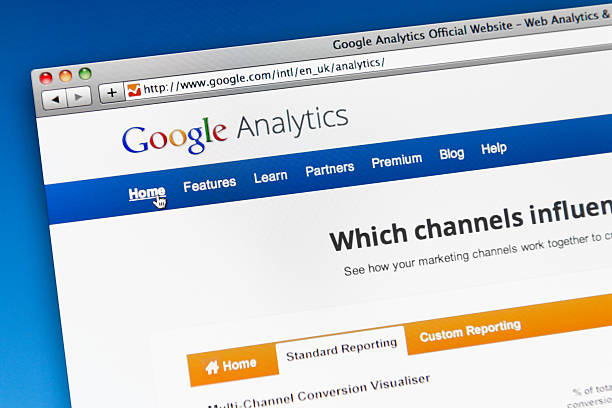In the vast landscape of e-commerce, two platforms stand out as giants: selling on eBay vs Etsy. Both have revolutionized the way people buy and sell goods online, offering unique opportunities for entrepreneurs and artisans alike to showcase their products to a global audience. But when it comes to choosing between eBay and Etsy for your online store, which one should you pick? Let’s dive deep into the showdown between these two titans of online marketplaces to find out which one reigns supreme for your business!
Understanding the Basics: eBay vs. Etsy
eBay, founded in 1995, is one of the oldest and largest online marketplaces globally, with millions of active users and products listed every day. It’s known for its auction-style listings, where sellers can set starting prices and let buyers bid, as well as fixed-price listings for immediate purchase.
On the other hand, Etsy, launched in 2005, has carved a niche for itself as a marketplace specifically tailored for handmade, vintage, and unique goods. It fosters a sense of community among sellers and buyers, with a focus on craftsmanship and creativity.
The Battle of Reach and Audience
One of the critical factors to consider when choosing a platform is the reach and audience it offers. eBay boasts a massive user base, with millions of active buyers browsing through its listings daily. This extensive reach means that your products have the potential to be seen by a broader audience, increasing the likelihood of making a sale.
However, Etsy offers a more targeted audience, particularly for sellers of handmade, vintage, or craft supplies. Its community-driven approach attracts buyers looking for unique and one-of-a-kind items, making it an ideal platform for artisans and small businesses with niche products.

Ease of Use and Seller Experience
When it comes to user-friendliness, both eBay and Etsy have their strengths. eBay’s interface may seem more familiar to users accustomed to traditional e-commerce platforms, with its search bar and category-based navigation. Sellers have the flexibility to customize their listings and manage their stores with ease, thanks to eBay’s robust seller tools and analytics.
On the other hand, Etsy’s interface is designed with creatives in mind, featuring a clean and intuitive layout that highlights product photos and descriptions. Setting up a shop on Etsy is relatively straightforward, and the platform provides ample resources and support for sellers, including marketing tips and seller handbook guides.
Fees and Pricing Structure
When it comes to fees and pricing, both eBay and Etsy operate on different models. eBay typically charges sellers a listing fee, a final value fee based on the selling price, and optional fees for additional features such as promoted listings or advanced listing upgrades.
In contrast, Etsy charges a listing fee, a transaction fee on each sale, and payment processing fees. Additionally, Etsy offers optional advertising tools like promoted listings and Google Shopping integration to help sellers increase their visibility for an additional cost.

Community and Branding
One of the unique aspects of Etsy is its strong sense of community and brand identity. Sellers on Etsy often benefit from the platform’s reputation for supporting independent artisans and offering unique, handmade products. The Etsy community fosters connections between sellers and buyers through forums, teams, and events, creating a sense of belonging and camaraderie.
While eBay also has a vast community of buyers and sellers, its focus is more on facilitating transactions rather than fostering a sense of community. However, eBay does offer seller forums and support channels where sellers can seek advice and assistance from fellow members.
Conclusion: Selling on eBay vs Etsy
In the end, the choice between selling on eBay and Etsy ultimately depends on your unique business needs, goals, and the type of products you offer. If you’re selling mass-produced items or looking for a broad reach and auction-style sales, eBay might be the better choice for you. On the other hand, if you specialize in handmade, vintage, or unique goods and value community engagement and branding, Etsy could be the perfect platform to showcase your products.
Whichever platform you choose, success in e-commerce requires dedication, creativity, and a deep understanding of your target audience. By carefully considering the strengths and weaknesses of eBay and Etsy and aligning them with your business objectives, you can create a thriving online store that stands out in the competitive world of e-commerce. Happy selling!








